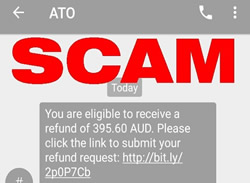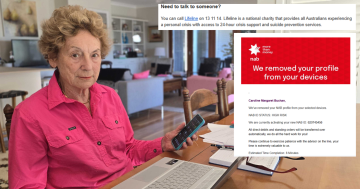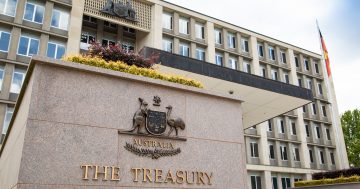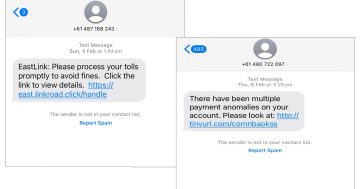 The Commissioner for Consumer Protection says that while many Western Australians will be looking forward to receiving tax refunds in a time of cost-of-living pressures, it was also when scammers emerged with false promises of monetary windfalls.
The Commissioner for Consumer Protection says that while many Western Australians will be looking forward to receiving tax refunds in a time of cost-of-living pressures, it was also when scammers emerged with false promises of monetary windfalls.
Trish Blake said her ScamNet team had received reports of a phishing email claiming to be from the Australian Tax Office (ATO), but was actually from a completely unrelated email address.
“The fake email, which even comes with stolen Australian Government logos, promises a refund of several hundred dollars, but only if the recipient sends across their personal and financial information,” Ms Blake said.
“The scammers would then likely use this information to commit identity theft and steal the victim’s money.”
She said this email was just one of many ways scammers targeted their potential victims, with more than 19,000 scam reports received by the ATO during the 2022-23 financial year alone.
“Along with text messages and threatening phone calls, scammers are increasingly turning to social media,” Ms Blake said.
“Both the ATO and myGov have expressed concerns about fake social media accounts impersonating their organisations, staff and senior executives that ask users to send a direct message so they can make phony offers of help with taxes or fake refunds.”
She said no matter how you were contacted, the best way to stay safe from tax-time scammers was to “practice the pause” on calls, emails and messages that came out of the blue and never send personal or financial information to someone you did not know or trust.
“For social media messages, investigate the account that has messaged you — look for verified ticks showing the account is genuine, then check the follower numbers and recent activity for any red flags,” Ms Blake said.
“On emails, click or hover over the sender’s name to find the full email address. If you receive a phone call, hang up and call the organisation back using contact details you have independently sourced.”











